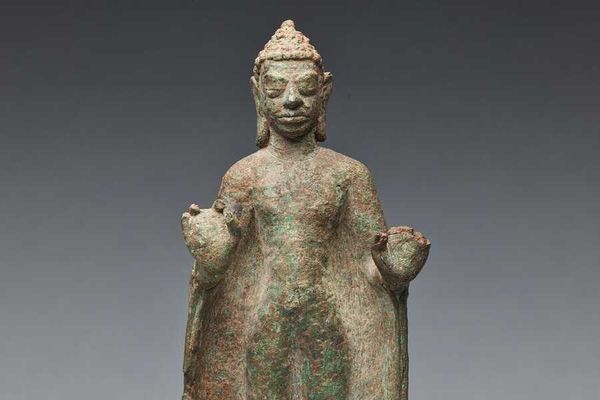I’ve been dating a girl, and it’s starting to get serious, but I have long-term doubts because— here goes—she’s had too many lovers. I expect a woman to have had 15 or 20 or maybe even 25 lovers by the time she reaches her mid-30s, but this girl has had twice that, and while my rational side understands the math, some part of my lower brain finds it hard to trust her. I know this sounds awful, which is why I’m asking an anonymous advice columnist instead of a friend or therapist. (By the way, I feel like 50 lovers is too many for a guy, too.) Help. —Judgmental in North Beach
He Said: Your feelings are more common than you might think. I’ve heard similar concerns from more than one male friend, though I’ve also noticed that the more lovers a guy has had, the more comfortable he seems with his partner’s stats. Having an inordinate number of sexual partners can be a red flag that someone isn’t capable of emotionally and sexually committing to a relationship, but it can also signal that someone is simply adventurous, independent or sexually uninhibited. A more reliable indicator of her ability to commit is whether she’s been able to maintain a relationship. If she was faithful to at least one boyfriend for a couple of years, give her a chance. There are, as you no doubt know, some serious advantages to having an experienced lover.
She Said: I’m pretty sure “the math,” as you refer to it, goes like this: I’ve had 25 lovers, so 25 is a healthy number. Anything above 25 is slutty and untrustworthy. Anything below 25 is good, and the lower the better—as long as she’s a firecracker when she’s in bed with me. This is just one of those little tricks biology plays on us. You want to know that, once you’re married, she’s not going to run around with every Tom, Dick and Harry. This ensures that the babies she produces have your DNA and not the UPS man’s. Likewise, I’m at this moment staring at a survey that says 75 percent of women prefer a partner who makes more money than they do—not because they are golddiggers (well, some are), but because wealth signals the ability to provide for a family. If you can think of it that way—as one of those deeply ingrained biases that’s like an itch but doesn’t necessarily signal a problem—maybe you can get over it.
Confused? Heartbroken? Curious? Send your questions to Twosense@7x7.com and we might just answer them here. Have thoughts about this post? We want to hear 'em! Comment below.


















